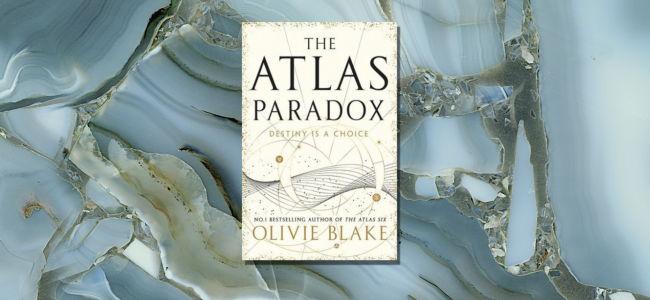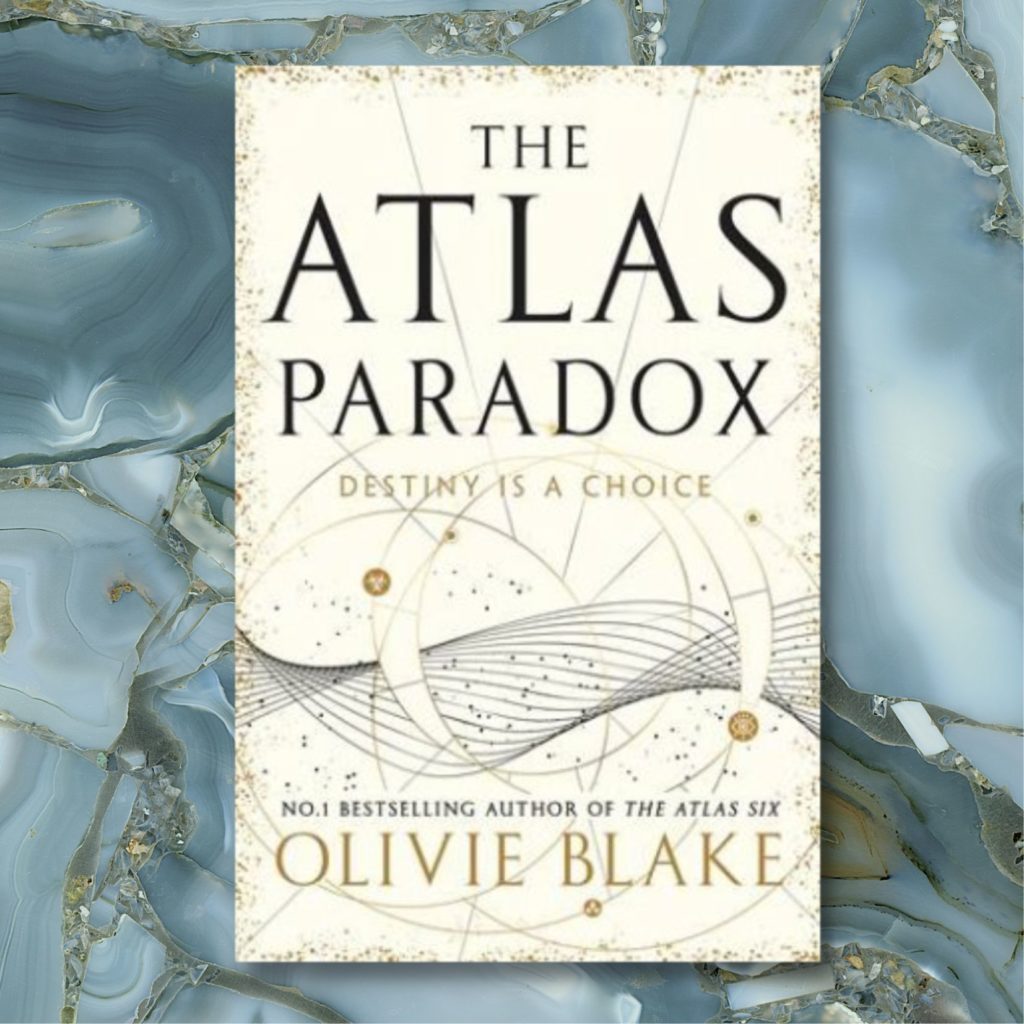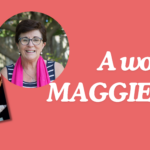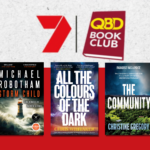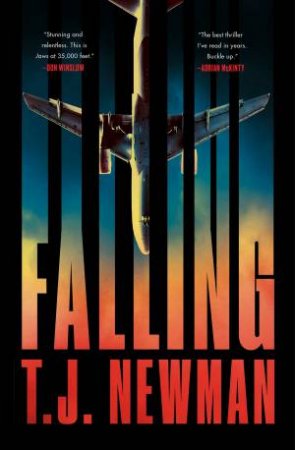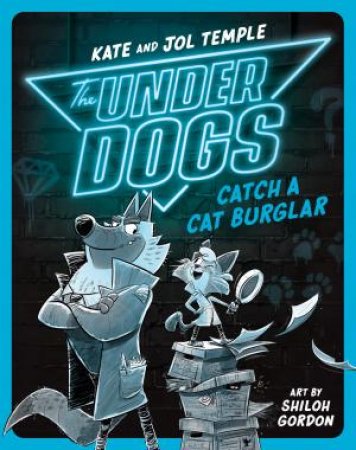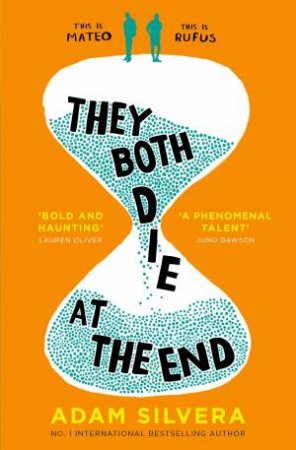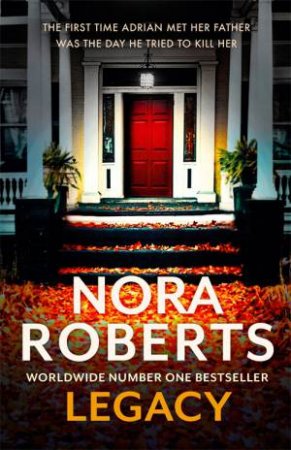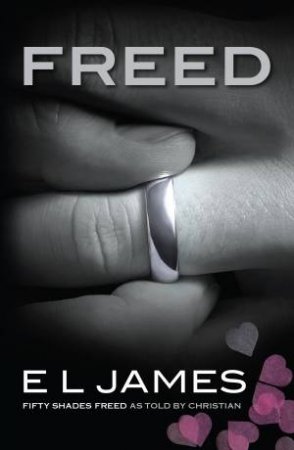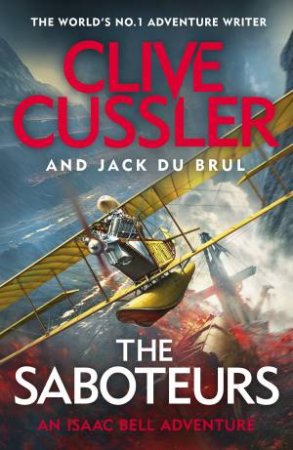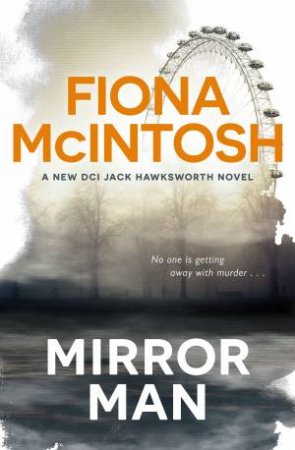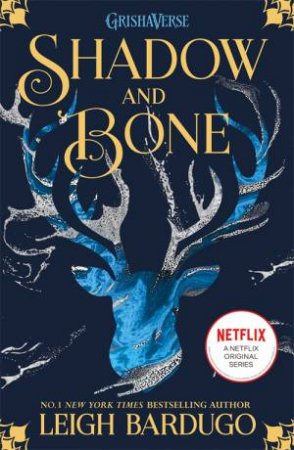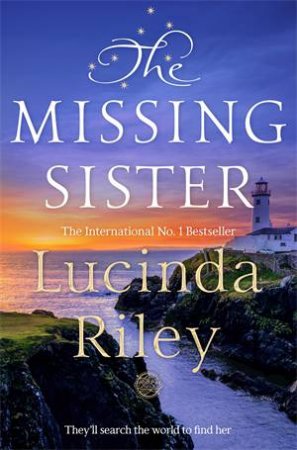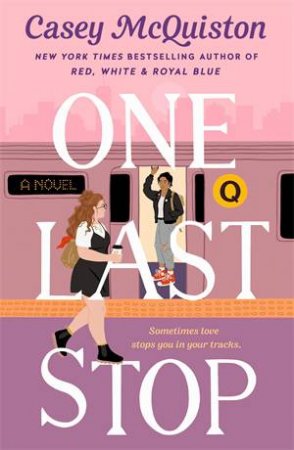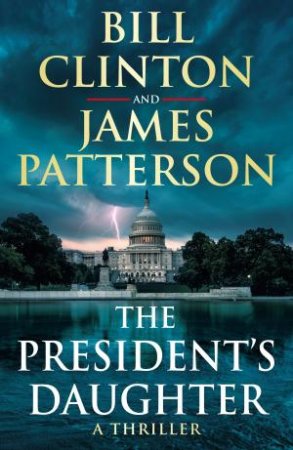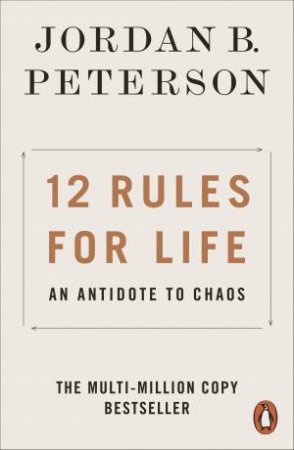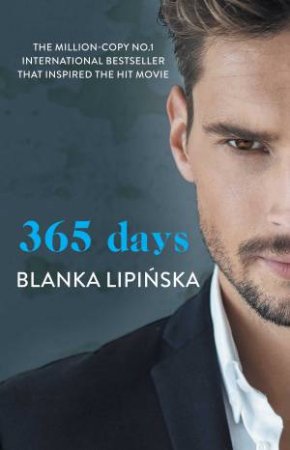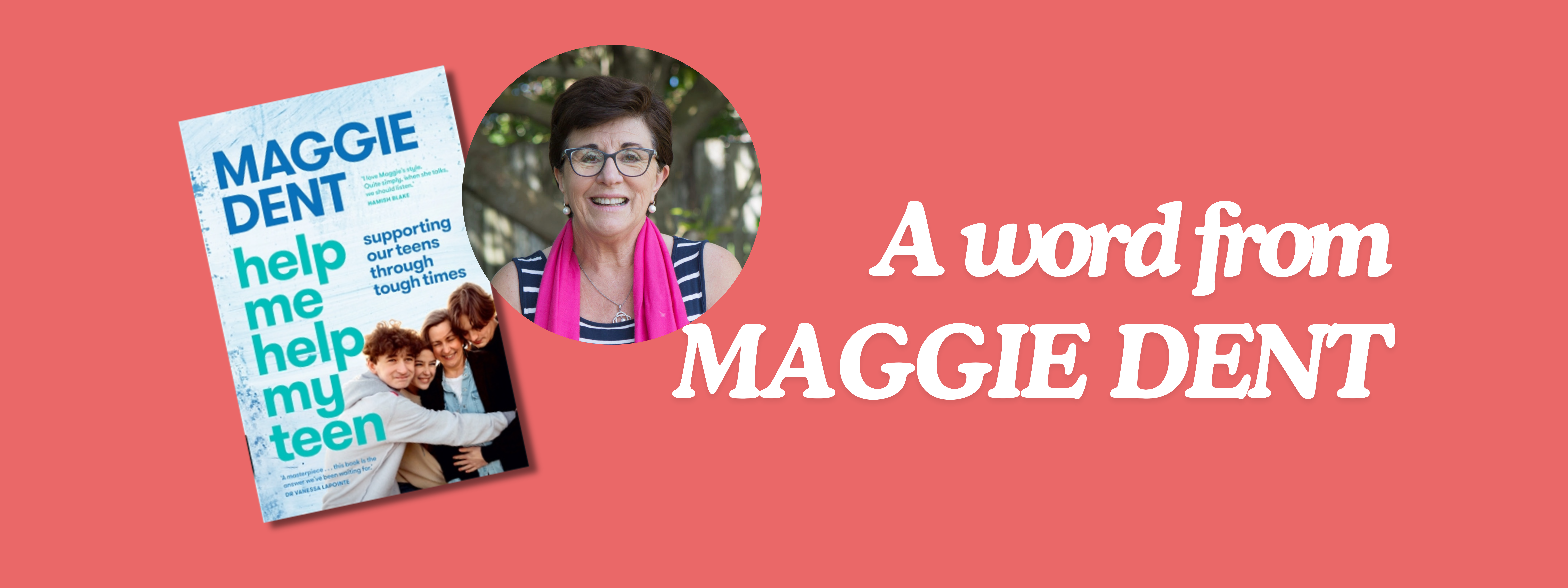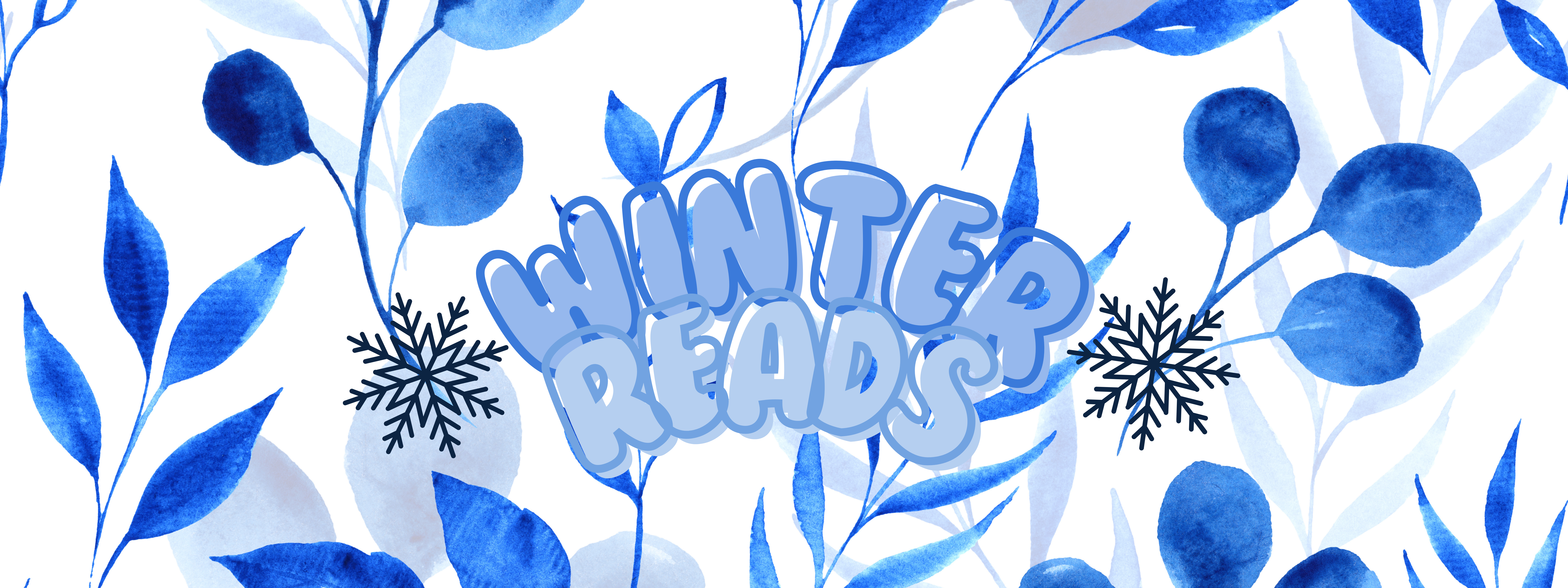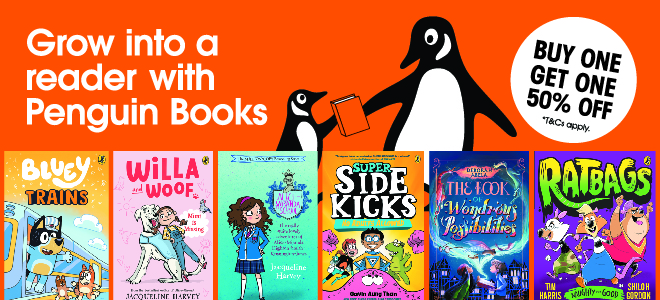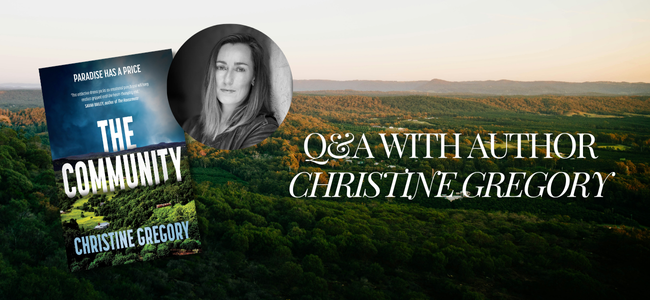Olivie Blake (the pseudonym of Alexene Farol Follmuth) is a lover and writer of stories, many of which involve the fantastic, the paranormal, or the supernatural, but not always. More often, her works revolve around the collective experience, what it means to be human (or not), and the endlessly interesting complexities of life and love. Her newest title “The Atlas Paradox” – the sequel to “The Atlas Six” – hit the shelves on Tuesday!
In this thrilling instalment, the secret society of Alexandrians is unmasked. Its newest recruits realize the institute is capable of raw, world-changing power. It’s also headed by a man with plans to change life as we know it – and these are already under way…
Exclusively for QBD blog readers, Olivie talks about the scenes and characters she enjoyed bringing to life…
When I sat down to write The Atlas Six, I was newly in my thirties and deeply frustrated by the state of the world (which as far as I knew had about ten years left before dissolving into an unlivable apocalypse). I wasn’t ready to give up, exactly, but I did think okay, I’m going to purposely write something that only I want. Absolute moral ambiguity. Utter sexual fluidity. A story so driven by its unreliable narrators that, in fact, there would be no objective truth. Arguably no truth at all! The “real” story would live in the space between perspectives, in the tension where one character’s truth (which by necessity meant their insecurities, flaws, and misinterpretations) bumped up against another’s. The characters, and most importantly their relationships, would be the entire plot.
Then things took an unexpected turn, and suddenly I had to sit down with my plans for a series that was never intended to become any sort of social media sensation. Not any sort of sensation at all, really. The first book was almost entirely made up of the question I was asking myself, which was: if the world dies, what does that mean for me? For us? For the child I wanted to have? I tell aspiring writers that 90% of writing is having something to say, and ultimately what I had to say was this: the world will outlast us. Our world, whatever that means, dies all the time. When an ecosystem dies, nature makes a new one, with or without us. Which means that the only thing that matters—and the only thing we can control—is what we are to each other.
The Atlas Paradox remains most interested in the series’ fundamental core: the six characters and their relationships to each other. (Ultimately this trilogy is both a six-way love story and a slightly deranged family drama.) In terms of the story’s plot, that meant broadening our understanding of their world outside the manor house’s claustrophobic ethical compromises and reflecting on the various sides to each character that we hadn’t had the chance to see before—because now, their lives are inextricable, and different. Because of everything they said yes to, the trajectory of who they will become has changed.
The stakes for writing each of these characters was different in the new installment knowing the audience had likely chosen sides. I already had a lot going on with Libby, for obvious reasons, and Parisa was mired in her own plot, as was Nico. Tristan was still discovering his power and I had a pretty solid idea how that was going to come about. Which left me with two particularly entertaining storylines: Callum Nova’s self-sabotaging, vaguely Victorian morbs and Reina Mori’s mythology-induced pursuit of power. Now, obviously these were two very, very different characters who struck the audience in wildly divergent ways. Callum was either hated or loved-to-hate. Reina was intriguing, but people wanted to know more. I got to have fun with Callum knowing that there was pretty much nothing to lose as far as audience expectation. With Reina, who has very strong Do Not Perceive Me energy, that initial mystery was intentional. I was of the mind that few people get the privilege of knowing who she really is—and couldn’t, for example, know things about her past or her true feelings within the first year of meeting her. Seeing the real Reina would require intimacy, constancy, trust. That, or something very jarring, like a deep and unexpected betrayal from someone who managed to get close.
It may surprise people to learn that I always planned to have Reina and Callum form an alliance in this book. I can’t say exactly when the idea occurred to me, but since I treat all my characters like shades on a color wheel, I know exactly where each of them overlap. Reina and Callum are more similar in some ways than either chooses to admit, but also different enough that their interactions would be . . . well, funny. (Here’s a secret about my writing: I mostly make decisions based on what makes me laugh. The plants talking to Reina, who Simply Does Not Care For It? 100% indulgence of my personal devotion to the absurd.)
This was my opportunity to reveal that despite their heavily guarded facades, these two characters were almost shockingly emotional. Their insecurities and fears and personal betrayals were where they bonded. Their shared drive for validation—the search for power, the motivation to win, and ultimately their shared taste for vengeance—made them a far more productive juxtaposition than the others they’d initially chosen for allies. They were comfortable in their alliances before, but now they were uncomfortable, depressed, and mutually willing to make that everyone else’s problem.
It would be impossible to say which aspect of The Atlas Paradox is my favorite, but the collision of an emotionally vulnerable Reina and Callum is a very good example of what I sat down to explore, which is that who we are to each other determines the trajectory of our lives—our decisions, our wins and losses. It’s what makes up the fabric of our world. That kind of unholy, life-altering alliance doesn’t come from insignificance, manipulation, or lies. Instead, it’s born from a small spark of authenticity, of meaning. And as for whether that spark turns out to be quite dangerous . .
Well, beloved reader, I’ll leave that for you to decide.
To order “The Atlas Paradox” by Olivie Blake, you can visit us in-store or on our web page here:

